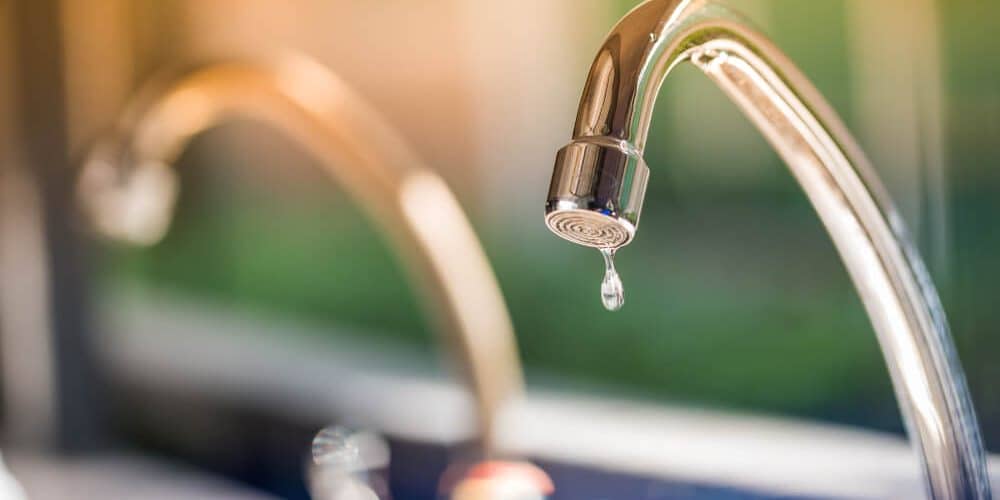Is your home water fit?
If you are keen to explore where you can make savings to reduce your water bill and help the environment, GetWaterFit have made it super easy for you to succeed on your mission!
GetWaterFit have created an easy-to-use online tool that enables you to find out how and where you use water in your home and discover easy ways to make savings, including simple leaky faucet fixes. So you can get, and stay, water fit.
It couldn’t be easier to get started. Simply:
- Visit the GetWaterFit website.
- Enter your postcode.
- When you are ready to answer a few questions about how you use water in your home to help understand how you could save water, energy, and money, click on ‘Let’s go’.
- When you have answered the questions, you will be asked to enter your email to see your results and start saving with some easy wins.
- You will then learn about how much water you use, where you use the most water in your home and gain some hints and tips on how to make reductions that can help you save the most money and help reduce your carbon footprint.
- Using GetWaterFit also enables you to order some FREE water saving devices, recommended just for you, and select an ‘Easy Win’ to start your personalised water-saving journey, plus for every Easy Win you’ll earn virtual coins for charity.
Why is it important to save water?
Saving water is of utmost importance due to its limited and essential nature. With only a small percentage of the world's water being fresh, and the increasing global population, conserving water is essential for sustainability. The scarcity of fresh water underscores the need to save it for current and future generations.
Water conservation is vital for maintaining healthy ecosystems. Aquatic habitats rely on sufficient water levels, and excess water usage can harm plants, animals, and overall ecosystem balance. Additionally, saving water indirectly contributes to energy conservation, as water treatment and transportation demand significant energy resources.
Reducing water consumption helps prevent pollution. Wastewater generated by various sources often contains pollutants, necessitating treatment that strains resources and infrastructure. By using less water, the amount of polluted water requiring treatment decreases, benefiting the environment.
Economically, saving water translates to reduced water bills and lower costs for water management infrastructure. Preserving water sources supports biodiversity and sustains ecosystems, while responsible water usage aligns with social and ethical responsibilities.
Lastly, considering the changing climate and its effects on water availability, conservation efforts become even more important for adapting to these shifts. We can all do our bit towards making change. Small changes add up to big differences.
Why not set yourself and your family a challenge to save as much water as possible over the coming months. A little bit of healthy competition in the household is a real conversation starter too!
For more information on how to save water in your home and garden, check out our blog for lots of inspiration.

